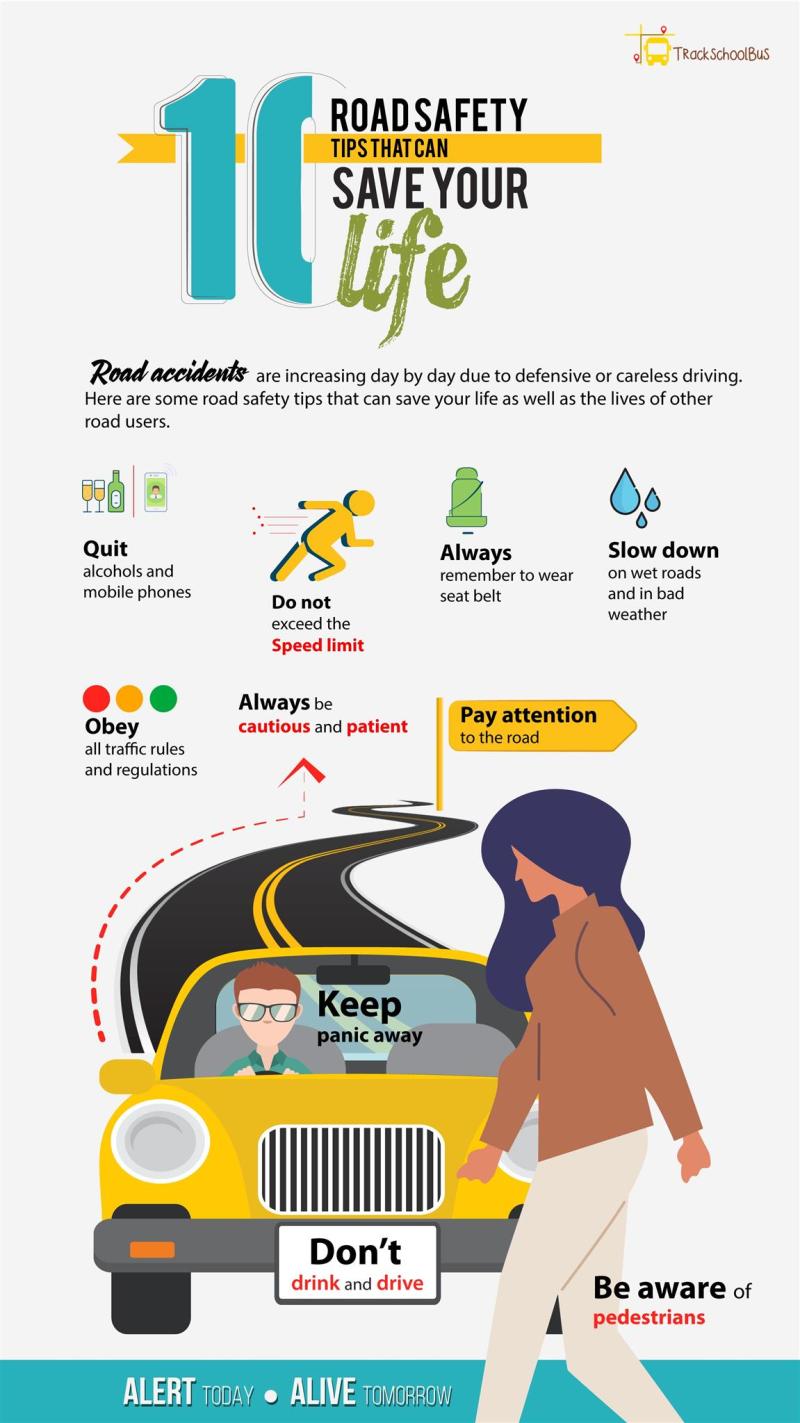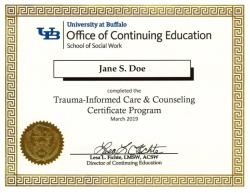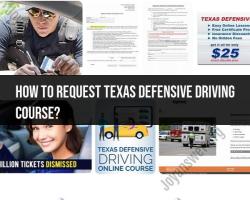What is the purpose of the driving safety course?
The purpose of a driving safety course, also known as a defensive driving course or traffic school, is to educate drivers on safe and responsible driving behaviors, reduce the likelihood of traffic violations and accidents, and promote overall road safety. These courses are designed to enhance drivers' knowledge, skills, and attitudes, leading to improved decision-making and a more conscientious approach to driving.
Here are some key purposes and goals of a driving safety course:
Traffic Violation Dismissal:
- One common purpose of defensive driving courses is to provide drivers with an opportunity to dismiss or reduce traffic violations from their driving records. In many jurisdictions, completing an approved defensive driving course may allow individuals to avoid points on their driving records or prevent an increase in insurance premiums following a traffic citation.
Insurance Premium Reduction:
- Many insurance providers offer discounts to drivers who voluntarily take defensive driving courses. Completing such a course may demonstrate a commitment to safe driving, and insurers may reward policyholders with lower premiums.
Promotion of Safe Driving Habits:
- Defensive driving courses aim to instill safe driving habits and behaviors. This includes understanding and obeying traffic laws, maintaining proper following distances, avoiding distractions, and practicing defensive driving techniques to anticipate and respond to potential hazards.
Knowledge Enhancement:
- The courses provide a refresher on traffic laws, road signs, and regulations, helping drivers stay informed about any changes in traffic rules. This knowledge enhancement contributes to safer and more compliant driving practices.
Reducing Accident Risks:
- Defensive driving courses emphasize techniques for avoiding accidents and minimizing risks on the road. This includes strategies for dealing with aggressive drivers, navigating adverse weather conditions, and understanding the dangers of impaired or distracted driving.
Encouraging Responsible Driving Attitudes:
- Beyond skills and knowledge, defensive driving courses aim to shape drivers' attitudes and behaviors. This includes fostering a sense of responsibility, patience, and courtesy on the road.
Meeting Legal Requirements:
- In some cases, drivers may be required to complete a defensive driving course as part of a legal requirement, such as court-ordered traffic school following a traffic violation.
Supporting Traffic Safety Initiatives:
- Defensive driving courses contribute to broader traffic safety initiatives and public awareness campaigns. By promoting safe driving practices, these courses align with efforts to reduce traffic accidents, injuries, and fatalities.
It's important to note that the specific objectives and requirements of defensive driving courses may vary by jurisdiction. Drivers interested in taking a defensive driving course for ticket dismissal, insurance discounts, or other purposes should ensure that the course they choose is approved and meets the criteria set by the relevant authorities in their location.
How does the driving safety course contribute to enhancing road safety and reducing accidents?
Driving safety courses can contribute to enhancing road safety and reducing accidents in several ways:
Increasing Safe Driving Knowledge and Skills:
- Traffic Rules and Regulations: Courses refresh and deepen participants' understanding of traffic laws and regulations, leading to fewer unintentional rule violations.
- Hazard Awareness and Risk Management: Training helps drivers identify potential hazards on the road, anticipate risks, and adjust their behavior accordingly, reducing the likelihood of accidents.
- Driving Techniques and Maneuvers: Courses offer practice with essential driving skills like braking, steering, lane changing, and emergency procedures, promoting smoother and more controlled driving.
Improving Decision-Making:
- Defensive Driving Strategies: Training emphasizes defensive driving skills like maintaining safe following distances, avoiding distractions, and anticipating the actions of other drivers, leading to fewer risky decisions.
- Stress Management and Emotional Control: Courses can equip drivers with techniques to manage stress and cope with emotions behind the wheel, reducing impulsive or reckless behavior.
- Seat Belt and Traffic Safety Awareness: Training often raises awareness about the importance of seat belts, following speed limits, and avoiding driving under the influence, encouraging safer choices.
Building Confidence and Competence:
- Practical Skill Development: Behind-the-wheel training in controlled environments allows learners to practice safe driving strategies and build confidence in their abilities, leading to more competent and relaxed drivers on the road.
- Feedback and Correction: Courses provide opportunities for personalized feedback and correction from qualified instructors, helping learners identify and address mistakes before they happen on real roads.
- Reduced Fear and Anxiety: Training can lessen new drivers' anxieties and fears about driving, allowing them to focus on making safe choices rather than being overwhelmed by emotions.
Overall Impact:
- While the individual impact of each course participant may be difficult to quantify, studies have shown that driving safety courses can lead to:
- Reduced crash rates, particularly among young drivers.
- Decreased traffic violations and speeding tickets.
- Lower insurance premiums for course graduates.
- Increased awareness and adherence to traffic safety regulations.
It's important to note that driving safety courses are just one piece of the puzzle in enhancing road safety. Other factors like infrastructure improvements, stricter enforcement of traffic laws, and ongoing public awareness campaigns also play crucial roles. However, driving safety courses offer a valuable approach to equipping individuals with the knowledge, skills, and attitudes necessary to navigate the roads safely and contribute to a safer driving environment for everyone.











